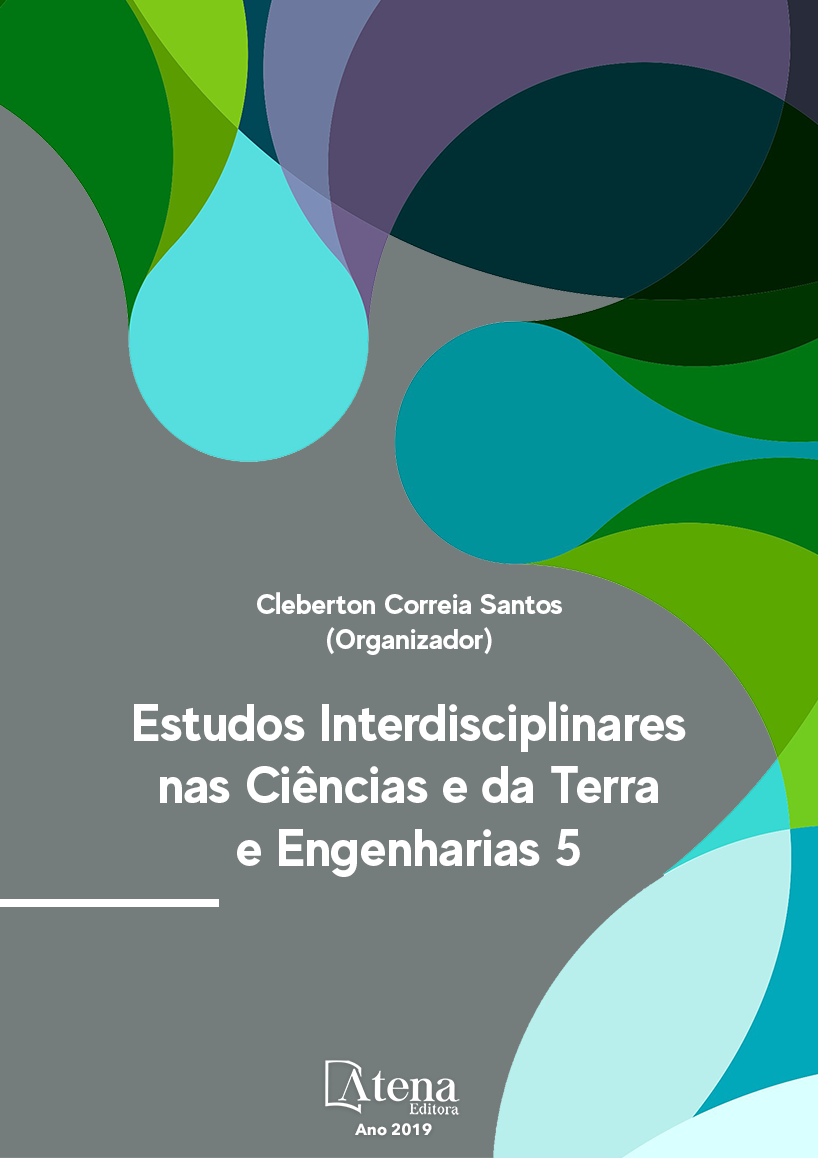
ESTUDO DE AQUECIMENTOS NOTURNOS SIMULTANEAMENTE À DIMINUIÇÃO DA UMIDADE SOBRE A CIDADE DO RIO DE JANEIRO
O ciclo diurno de temperatura
costuma ser caracterizado de forma que
as temperaturas mais baixas e mais altas
podem ser observadas no início da manhã e
a tarde, respectivamente. Entretanto, algumas
perturbações na atmosfera podem alterar
esse ciclo, como por exemplo, a passagem de
sistemas frontais. Porém, além dos fenômenos
meteorológicos mais convencionais, têmse
o Heat Burst (HB), que é caracterizado
pelo aumento repentino da temperatura do ar
simultaneamente à diminuição da umidade.
Além disso, o HB é de natureza noturna e está
associado com a dissipação de tempestades
podendo ocorrer em intervalos de 20, 15 e
até mesmo 10 minutos, entretanto, a média
é de 72 minutos. Desta forma, este trabalho
buscou avaliar a ocorrência de aquecimentos
simultaneamente à diminuição da umidade,
durante o período de 18:15 às 05:45. Para tal,
a estação meteorológica de São Cristóvão da
rede AlertaRio foi utilizada por apresentar o
maior período de dados disponíveis além de
ter saídas a cada 15 minutos, em um período
compreendido entre os anos de 2002 e 2016,
totalizando 15 anos. O estudo da frequência
de ocorrência de aquecimentos anômalos
mostrou-se de forma não tão rara, embora nem
sempre intensa. Isso sugere que, de acordo
com a literatura, este fenômeno é altamente
dependente de cada localização geográfica,
não possuindo fronteiras fixas de taxas de
aquecimento.
ESTUDO DE AQUECIMENTOS NOTURNOS SIMULTANEAMENTE À DIMINUIÇÃO DA UMIDADE SOBRE A CIDADE DO RIO DE JANEIRO
-
DOI: 10.22533/at.ed.23219110916
-
Palavras-chave: Aquecimento noturno; Heat Burst; Rio de Janeiro
-
Keywords: Night heating; Heat Burst; Rio de Janeiro
-
Abstract:
The daytime cycle of temperature
is usually characterized so that the lowest
and highest temperatures can be observed in
the early morning and afternoon, respectively.
However, some disturbances in the atmosphere
can change this cycle, for example, the passage
of frontal systems. However, besides the more
conventional meteorological phenomena, there
is the Heat Burst (HB), which is characterized
by the sudden increase of the air temperature
simultaneously with the decrease of the humidity. In addition, HB is nocturnal in nature,
associated with storm dissipation and can occur at intervals of 20, 15 and even 10
minutes meanwhile, the average is 72 minutes. In this way, this work sought to evaluate
the occurrence of warm-ups simultaneously with the decrease of humidity, during the
period from 18:15 to 05:45. To this end, the São Cristóvão meteorological station of the
AlertaRio network was used to present the largest period of available data and to have
departures every 15 minutes, in a period between 2022 and 2016, totaling 15 years.
The study of the frequency of occurrence of anomalous heats was not so rare, although
not always intense. This suggests that, according to the literature, this phenomenon is
highly dependent on each geographic location, not having fixed boundaries of heating
rates.
-
Número de páginas: 15
- Ana Cristina Pinto de Almeida Palmeira
- HANA CAROLINA VIEIRA DA SILVEIRA


